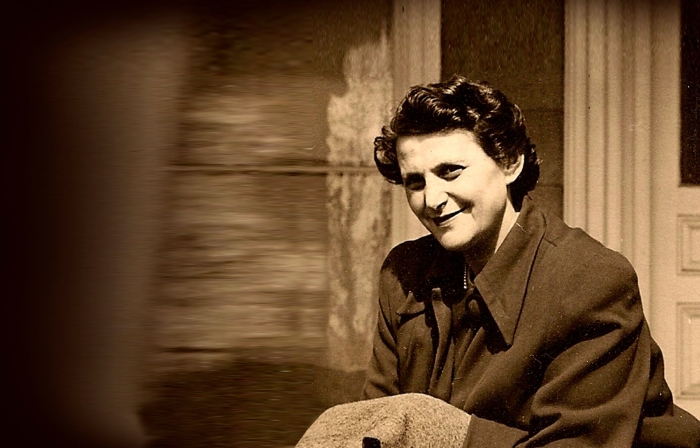
by Erika Dreifus
Some 75 years ago a group of Jews under German occupation in Vilna was assigned to assist Nazi authorities in curating books and other cultural items destined for shipment to Germany. There, the selection of Judaica materials was to be conserved as a collection of artifacts from an extinct people.
Some items were indeed shipped away as ordered. Some the authorities destroyed and diverted to be used for scrap.
Others were smuggled and hidden by the same Jewish scholars, teachers and writers who had been designated to sift through and catalog them. The heroism of this Paper Brigade has recently received new attention, thanks largely to two developments: the discovery of another trove of materials that the squad managed to squirrel away, and the publication of historian David E. Fishman’s fascinating new study, “The Book Smugglers: Partisans, Poets, and the Race To Save Jewish Treasures From the Nazis” (ForeEdge).
Certain paper brigadiers whom Fishman identifies at his book’s outset as dramatis personae already loom large in awareness, particularly in Yiddishist circles. They include the famed poet Abraham Sutzkever and fellow bard Shmerke Kaczerginski. Women played important roles in this history, too, and much to his credit, Fishman features one of them in considerable detail: Rachela Pupko-Krinsky Melezin.
Born Rachela Pupko in Vilna in 1910, Krinsky knew five languages, earned a master’s degree in history and taught the subject to high schoolers. She married twice, the first time to Joseph Krinsky, with whom she had a daughter, Sarah, in 1939. Krinsky was killed shortly after the Germans invaded Vilna; before entering the ghetto, his wife placed their daughter, not yet 2, in the care of the family’s non-Jewish nanny.
Full story here.


